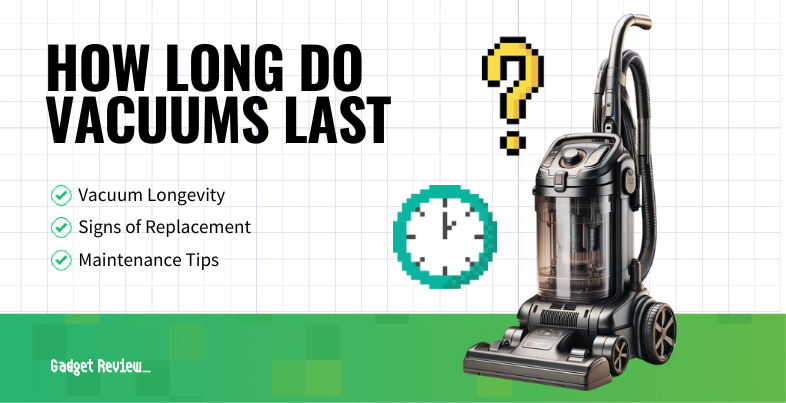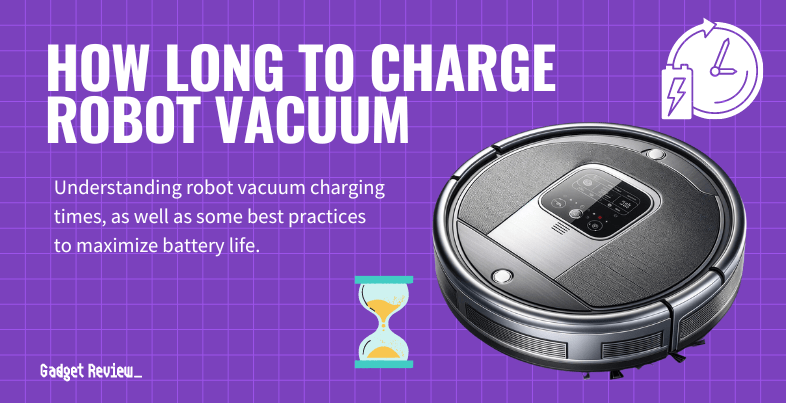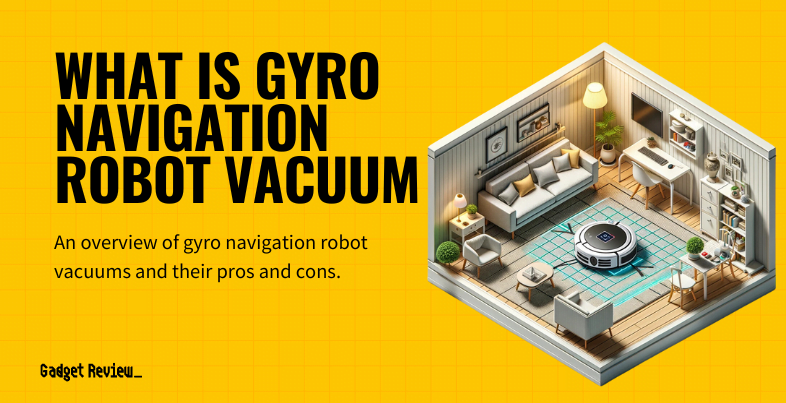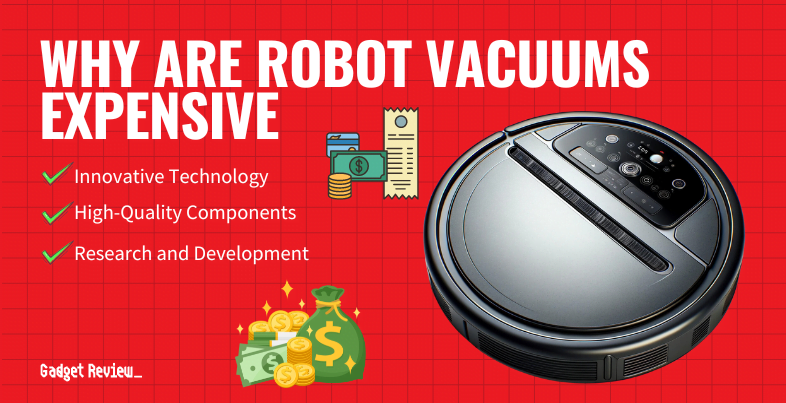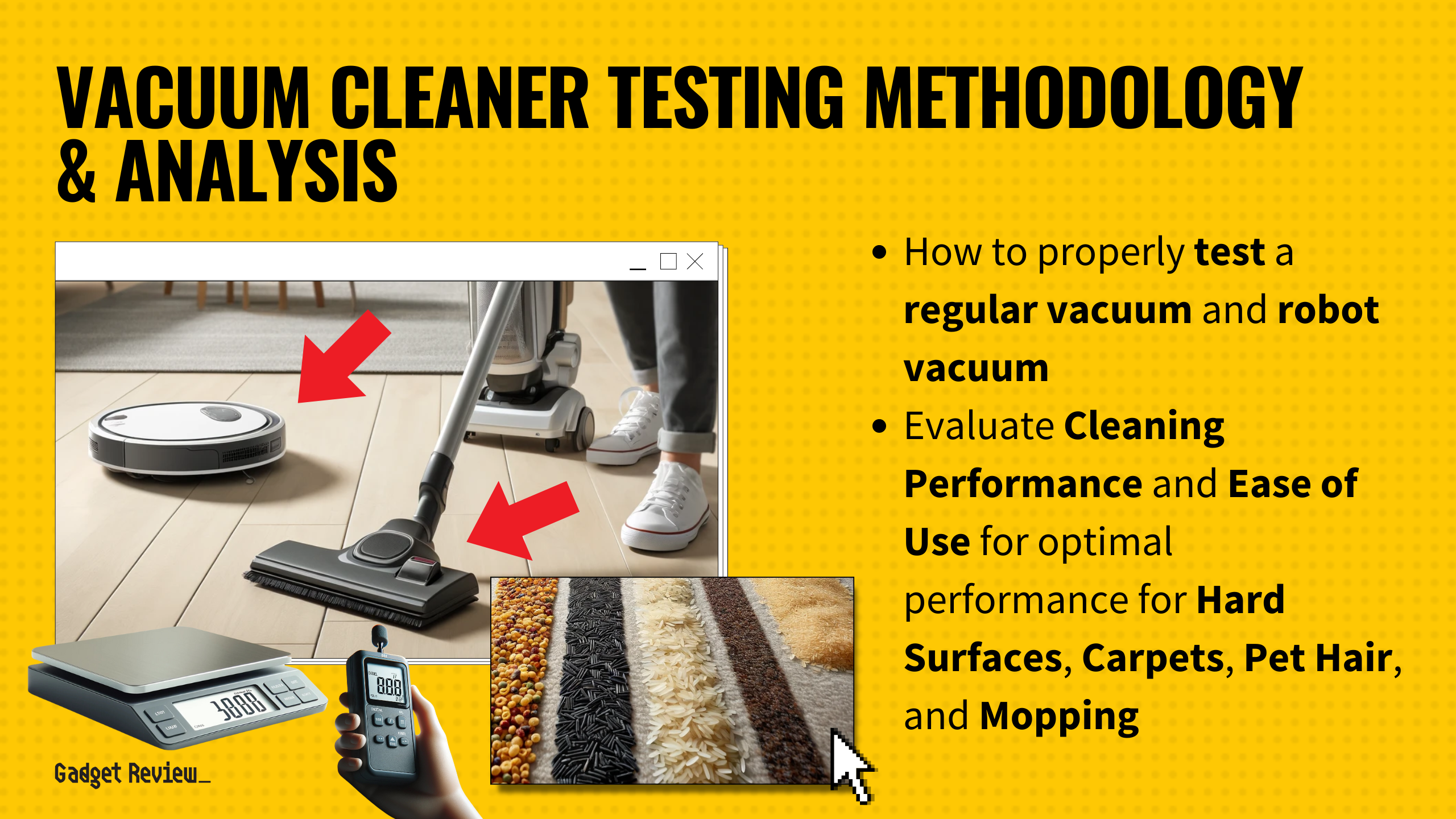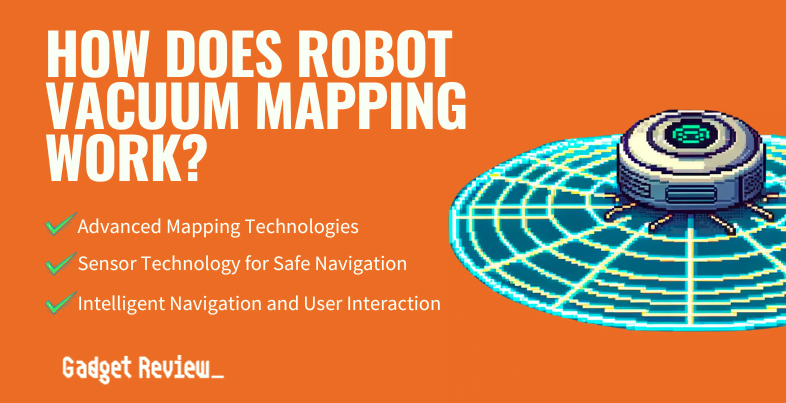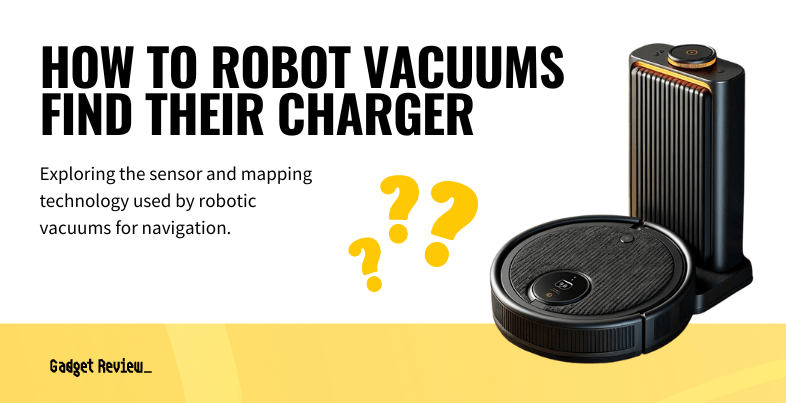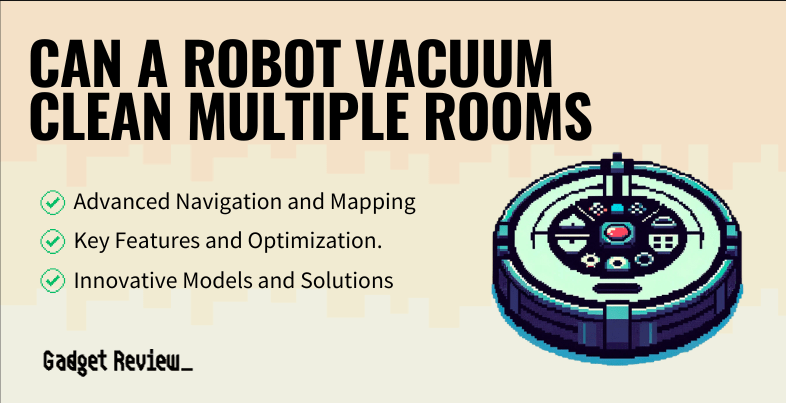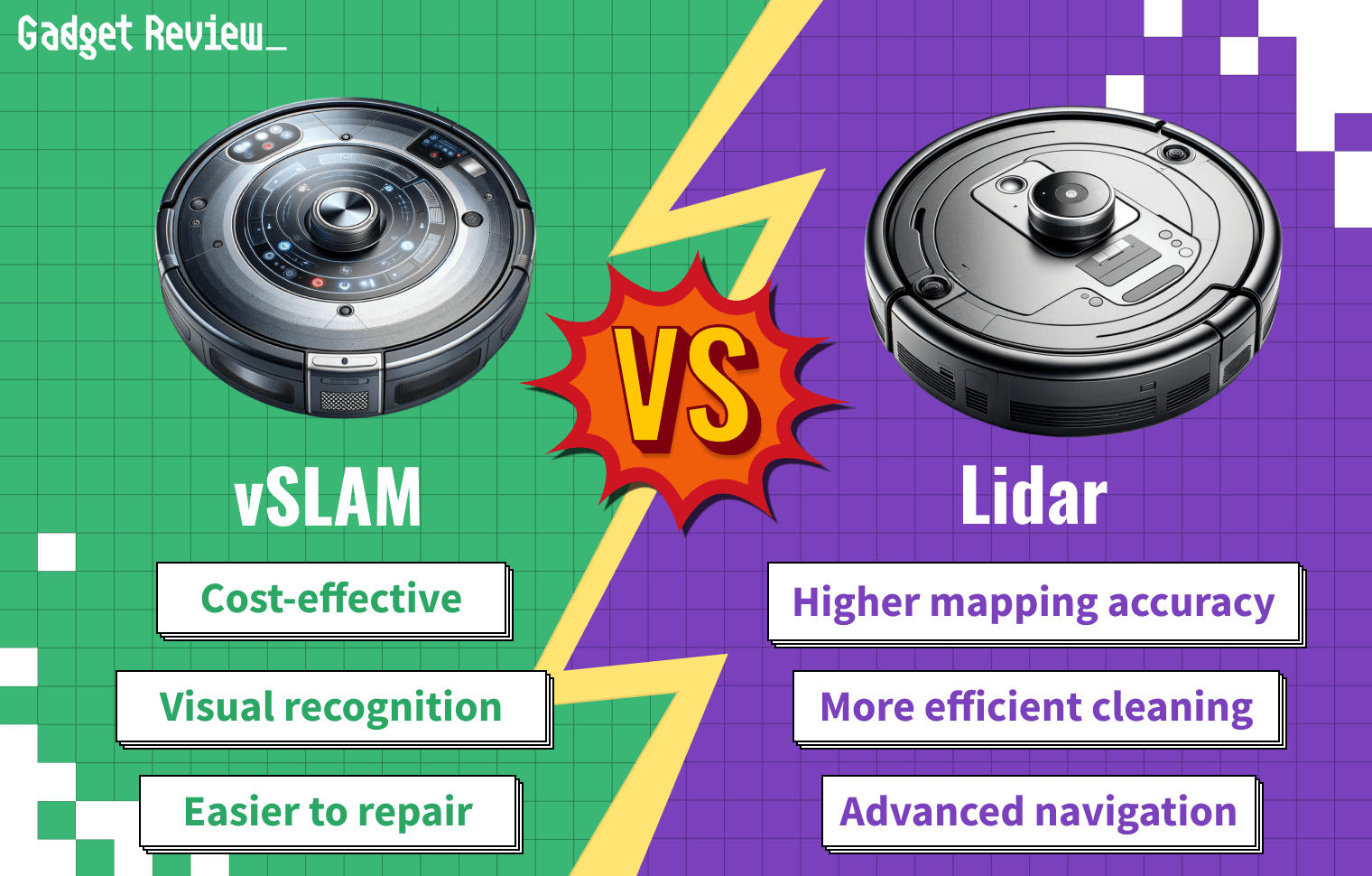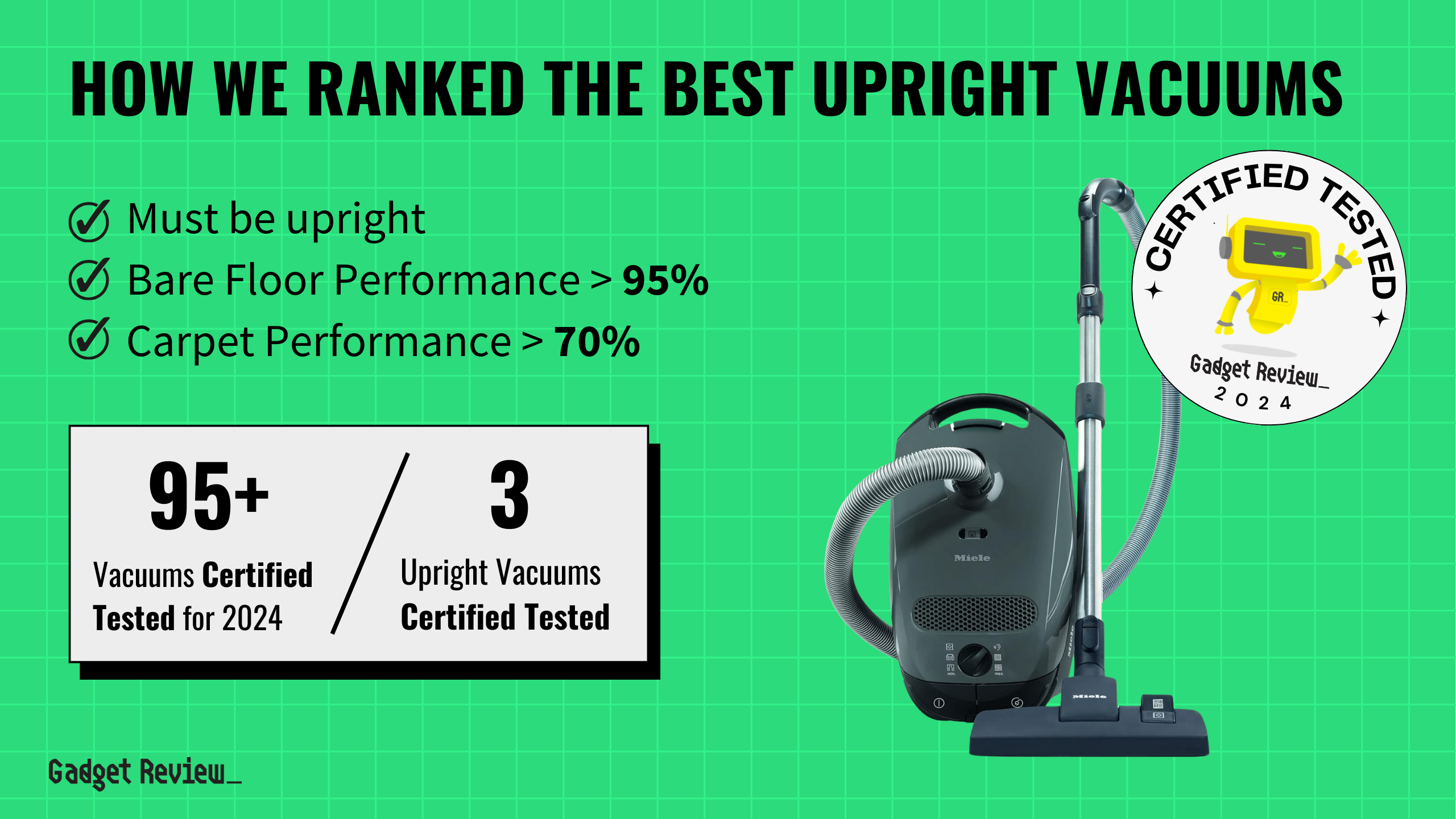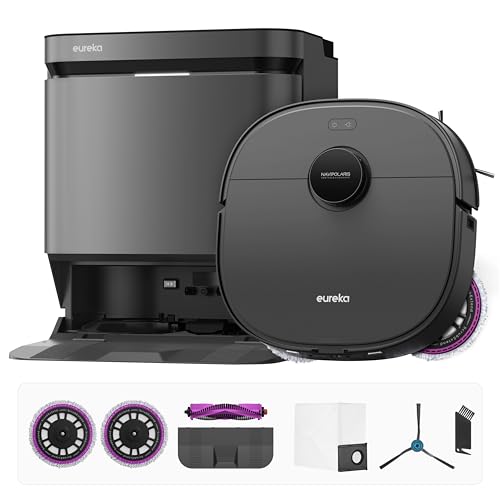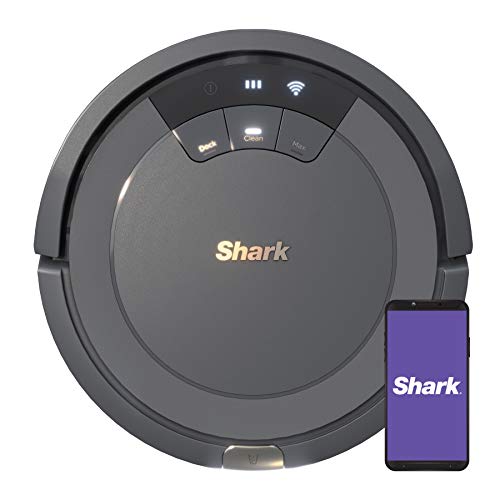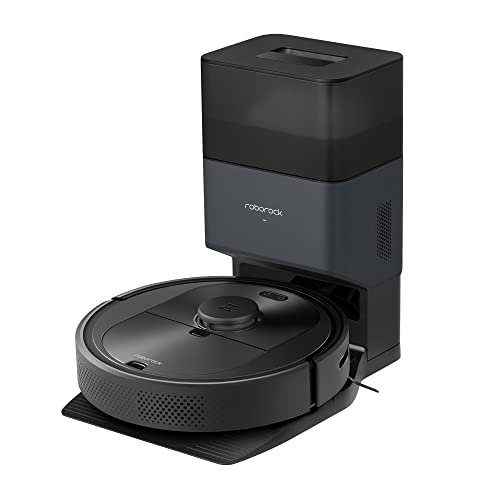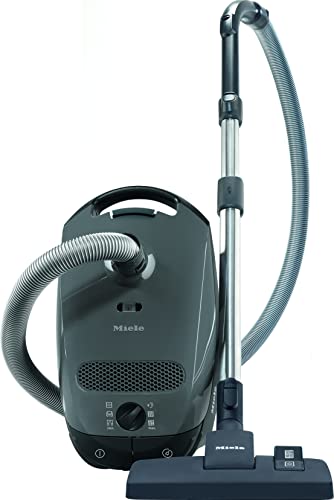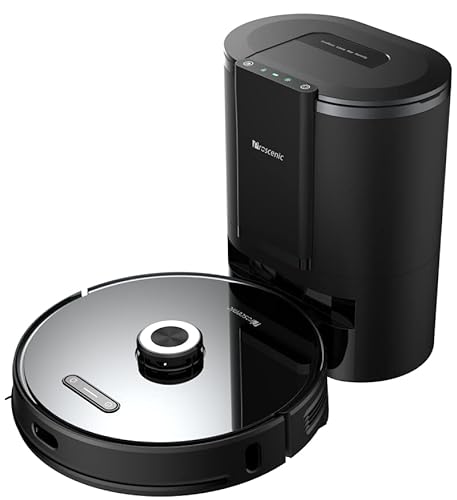Vacuum cleaners stand out as the champions of cleanliness. They tackle everything from daily debris to the deep-seated dirt hidden in our carpets.
In fact, upright vacuums and robot vacuums are equipped to handle pet hair even in homes with pets. But even powerful cleaning devices like canister vacuums or handheld vacuums have their limits.
Understanding the lifespan of your vacuum cleaner and recognizing the signs for a replacement can save you from frustration.
Average Vacuum Longevity
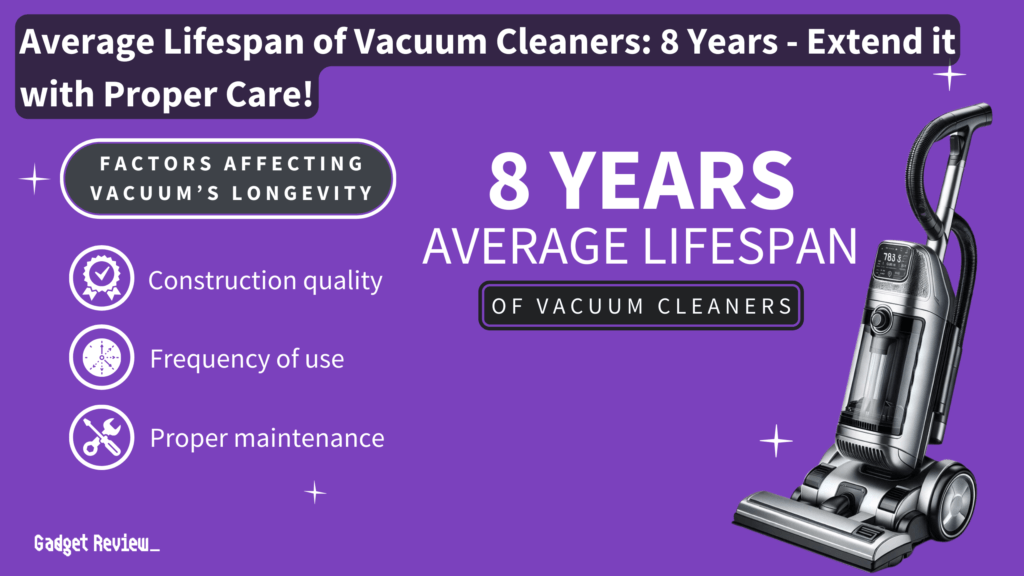
Vacuum cleaners typically last for a median of 8 years.
This lifespan can vary based on the vacuum’s brand and model, how you use it, and how well you maintain it.
The Lifespan of Vacuum Cleaners
A vacuum’s longevity is influenced by several factors:
- Construction quality
- Frequency of use
- Proper maintenance
Brands and models of vacuums like upright vacuums, robotic vacuums, and stick vacuums differ in durability, with some types of vacuums designed to last longer than others. However, some have a shorter lifespan.
Regular care and maintenance can significantly extend the life of your vacuum, making it a reliable cleaning tool for many years.
Signs It’s Time for a New Vacuum
The Vacuum Loses Suction Power
If your vacuum isn’t picking up dirt and debris as good as it used to, it might be losing suction power.
This is often the first sign that something’s wrong.
Frequent Clogs
A consistently clogged vacuum, even with light cleaning, may have deeper, more difficult issues.
It’s another clear signal that your vacuum might be nearing the end of its life.
Strange Noises
Unusual sounds, such as grinding or whistling, can indicate mechanical problems within the vacuum.
These sounds are not normal and should not be ignored.
Bad Smells
A vacuum that emits unpleasant odors might have a clogged filter or a motor that’s burning out. This affects the vacuum’s performance and also introduces unwanted smells into your home.
When repairs become more expensive than the vacuum itself, it’s time to consider purchasing a new one. This decision not only ensures better cleaning results but can also be more cost-effective in the long run.
Maintaining Your Vacuum Cleaner
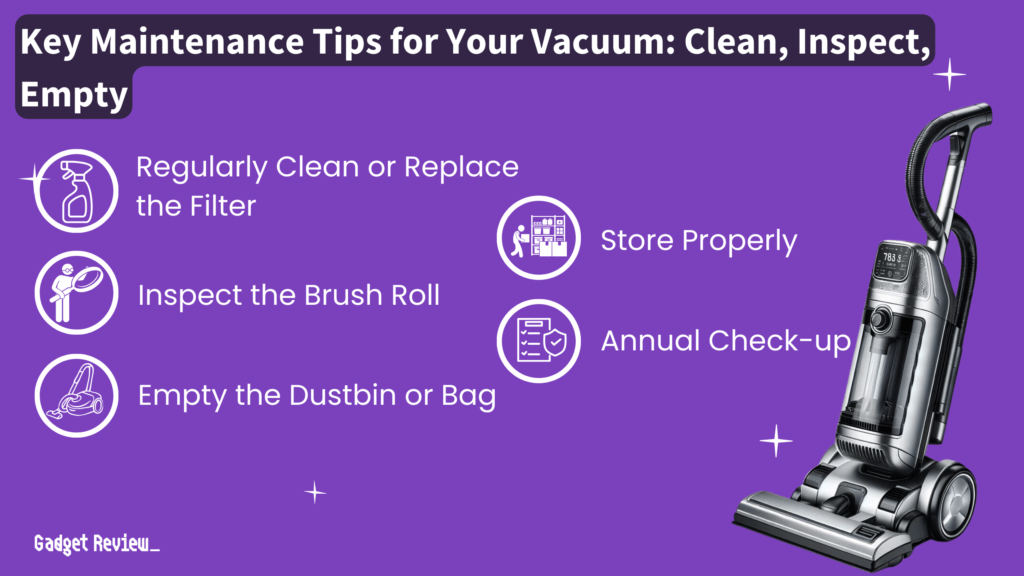
To keep your vacuum running smoothly and extend its lifespan, follow these maintenance tips:
- Regularly Clean or Replace the Filter: A clean filter is crucial for maintaining strong suction.
- Inspect the Brush Roll: Remove hair and debris that could prevent the brush roll from spinning properly.
- Empty the Dustbin or Bag: A full vacuum won’t perform well. Make sure to empty the dustbin or change the bag before it’s completely full.
- Store Properly: Keep your vacuum in a dry place to prevent damage from moisture.
- Annual Check-up: Consider having your vacuum serviced by a professional once a year to catch any potential issues early.
Maximizing Vacuum Lifespan and Performance
Regular maintenance not only extends the life of your vacuum but also enhances its performance, making your cleaning routine more efficient and effective.
A well-cared-for vacuum remains powerful and lasts much longer.


